Trump's Rejection Of Ukraine's NATO Membership: Causes And Consequences
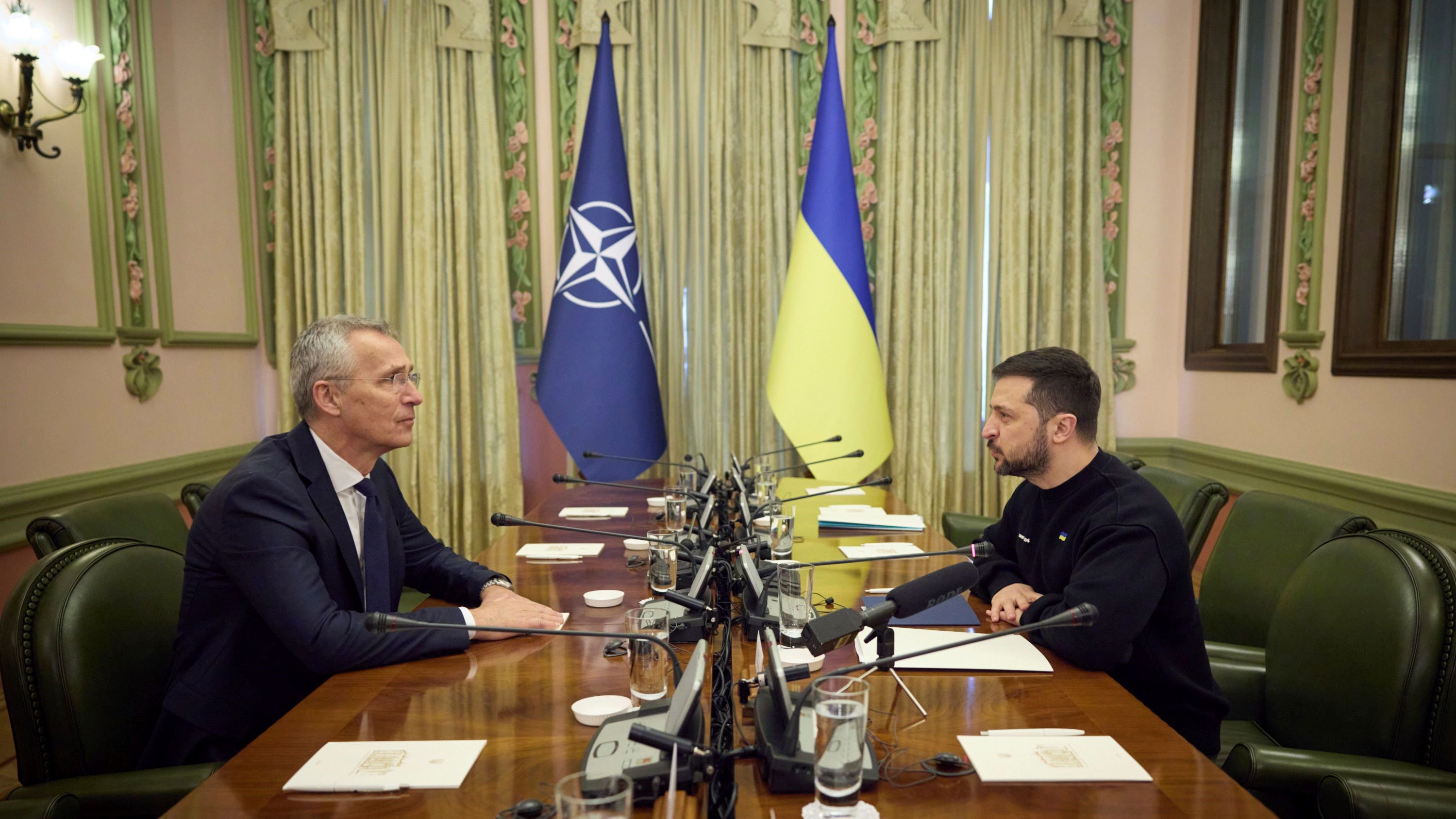
Table of Contents
Causes of Trump's Opposition to Ukrainian NATO Membership
Trump's rejection of Ukraine's NATO bid stemmed from a complex interplay of factors, extending beyond traditional geopolitical considerations.
Personal Relationships and Favorable Treatment of Russia
Trump's documented affinity for Vladimir Putin has been widely cited as a key driver of his reluctance to support Ukraine's NATO aspirations. Numerous instances suggest a pro-Russia bias, potentially influenced by a desire for favorable treatment from the Russian leader.
- Public Praise for Putin: Trump frequently praised Putin's leadership, often contrasting it with the actions of other world leaders. These public pronouncements fostered an impression of undue deference to Russia.
- Dismissal of Russian Interference: Despite overwhelming intelligence suggesting Russian interference in the 2016 US election, Trump repeatedly downplayed or dismissed these findings, further fueling concerns about his ties to Moscow.
- Potential Conflicts of Interest: Questions have been raised regarding potential financial ties between Trump's business interests and Russia, though these have not been definitively proven. These suspicions, however, contributed to perceptions of a conflict of interest impacting his foreign policy decisions.
This perceived pro-Russia stance directly contradicted the interests of Ukraine, a country seeking NATO protection against Russian aggression.
Doubt About Ukraine's Readiness for NATO
Beyond personal relationships, Trump also expressed doubts about Ukraine's readiness for NATO membership. These concerns, however, were often seen as pretextual by critics.
- Internal Political Stability: Trump frequently pointed to Ukraine's internal political challenges and corruption as obstacles to NATO membership. While these are legitimate concerns for any aspiring member, critics argued that Trump unfairly emphasized these issues compared to other NATO members with similar challenges.
- Military Capabilities: Questions were raised regarding Ukraine's military capabilities and its adherence to NATO standards. However, many argued that Ukraine's military was actively modernizing and improving with support from Western partners.
- Counterarguments: Supporters of Ukraine's NATO bid countered that providing support and assistance for improvement was exactly the purpose of NATO membership; excluding Ukraine simply perpetuated the problem.
These concerns, however, lacked the nuance of a full geopolitical assessment and were overshadowed by the other factors contributing to Trump's decision.
Transactional Approach to Foreign Policy
Trump's "America First" foreign policy emphasized a transactional approach, viewing alliances and international commitments through the lens of immediate national benefit. This approach impacted his decision on Ukraine's NATO membership.
- Bargaining Chip: Some analysts suggest Trump viewed Ukraine's NATO membership as a potential bargaining chip in negotiations with Russia. Withholding support might have been seen as a way to extract concessions from Moscow.
- Perceived Benefits of Withholding Support: The administration might have perceived benefits in maintaining ambiguity on Ukraine's NATO prospects, avoiding direct confrontation with Russia or potentially leveraging it for unrelated negotiations.
- Examples of Transactional Foreign Policy: Trump's dealings with other nations, such as his withdrawal from the Iran nuclear deal and his renegotiation of trade agreements, provide further examples of his transactional approach to foreign policy, highlighting a pattern of prioritizing immediate national interests over long-term commitments.
This pragmatic, arguably short-sighted, approach directly contradicted the principles of collective security underpinning NATO.
Consequences of Trump's Stance on Ukraine's NATO Bid
Trump's rejection of Ukraine's NATO aspirations had significant and far-reaching consequences, impacting regional stability, transatlantic alliances, and the broader global security architecture.
Emboldened Russia and Increased Aggression
Trump's perceived reluctance to defend Ukraine emboldened Russia, contributing to increased aggression towards its neighbor.
- Timeline of Russian Aggression: The annexation of Crimea in 2014 and the ongoing conflict in Donbas occurred during the Obama administration, but the lack of strong, consistent US support under Trump arguably allowed Russia to escalate its actions with less fear of repercussions.
- Expert Opinions: Many experts believe Trump's stance weakened the deterrent effect of potential NATO intervention, thereby giving Russia greater leeway to pursue its territorial ambitions.
- Correlation, Not Causation: While it's impossible to definitively prove a direct causal link, the correlation between Trump's stance and increased Russian aggression is undeniable and significant.
This emboldenment fueled further instability in the region, raising concerns about Russia's intentions towards other former Soviet states.
Weakened Transatlantic Alliance
Trump's actions and rhetoric significantly strained the transatlantic alliance and damaged trust among NATO member states.
- Impact on Trust: Trump's frequent criticisms of NATO, his questioning of the alliance's value, and his perceived reluctance to uphold collective defense commitments undermined trust amongst member nations.
- Reliability of the US as a Security Guarantor: Questions arose regarding the reliability of the US as a security guarantor for its allies, potentially deterring other countries from seeking NATO membership and even weakening the resolve of existing members.
- NATO Official Statements: Numerous statements from NATO officials expressed concerns about the implications of Trump's approach, highlighting the negative impact on the alliance's cohesion and effectiveness.
This weakened alliance has created uncertainty about the future of collective security in Europe.
Increased Instability in Eastern Europe
The cumulative effect of Trump's stance on Ukraine's NATO bid resulted in increased instability in Eastern Europe.
- Regional Security: The increased tension between Russia and Ukraine, fueled by the lack of robust Western support, has created a volatile security environment in the region, impacting neighboring countries.
- Responses from Neighboring Countries: Neighboring countries, fearing similar Russian aggression, have responded by strengthening their own defenses and seeking closer ties with NATO and other Western partners.
- Potential for Further Escalation: The continued conflict in Ukraine and the lack of a clear resolution raise the potential for further escalation, creating a risk of wider regional conflict.
- Expert Forecasts: Many experts forecast continued instability and a heightened risk of conflict in the region, directly linked to the impact of Trump's policies.
Conclusion: Understanding the Lasting Impact of Trump's Rejection of Ukraine's NATO Membership
Trump's rejection of Ukraine's NATO membership stemmed from a combination of personal relationships, perceived concerns about Ukraine's readiness, and his transactional approach to foreign policy. The consequences have been profound and long-lasting, emboldening Russia, weakening the transatlantic alliance, and increasing instability in Eastern Europe. Understanding the causes and consequences of this decision is crucial for analyzing current geopolitical dynamics and preventing similar situations in the future. Further research into "Trump's rejection of Ukraine's NATO membership" and its ongoing ramifications is essential for a deeper understanding of the complexities of international relations and the crucial role of strong, reliable alliances in maintaining global security. We encourage you to explore further reading on NATO expansion, Russian aggression, and the evolution of US foreign policy to gain a more complete picture of this pivotal moment in history.

Featured Posts
-
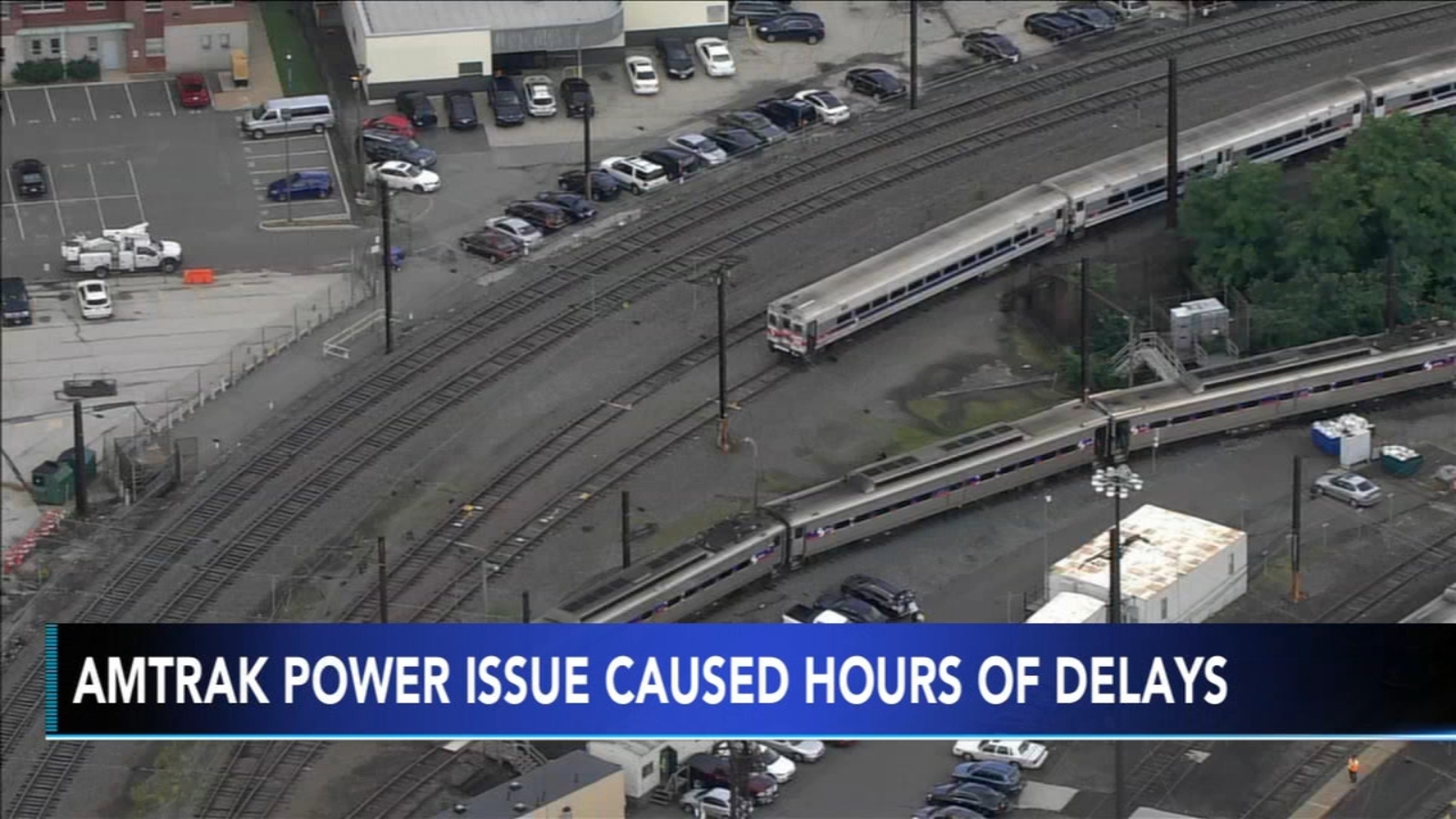 Amsterdam Train Delays Extensive Track Problems Cause Severe Rail Disruptions In Randstad
Apr 26, 2025
Amsterdam Train Delays Extensive Track Problems Cause Severe Rail Disruptions In Randstad
Apr 26, 2025 -
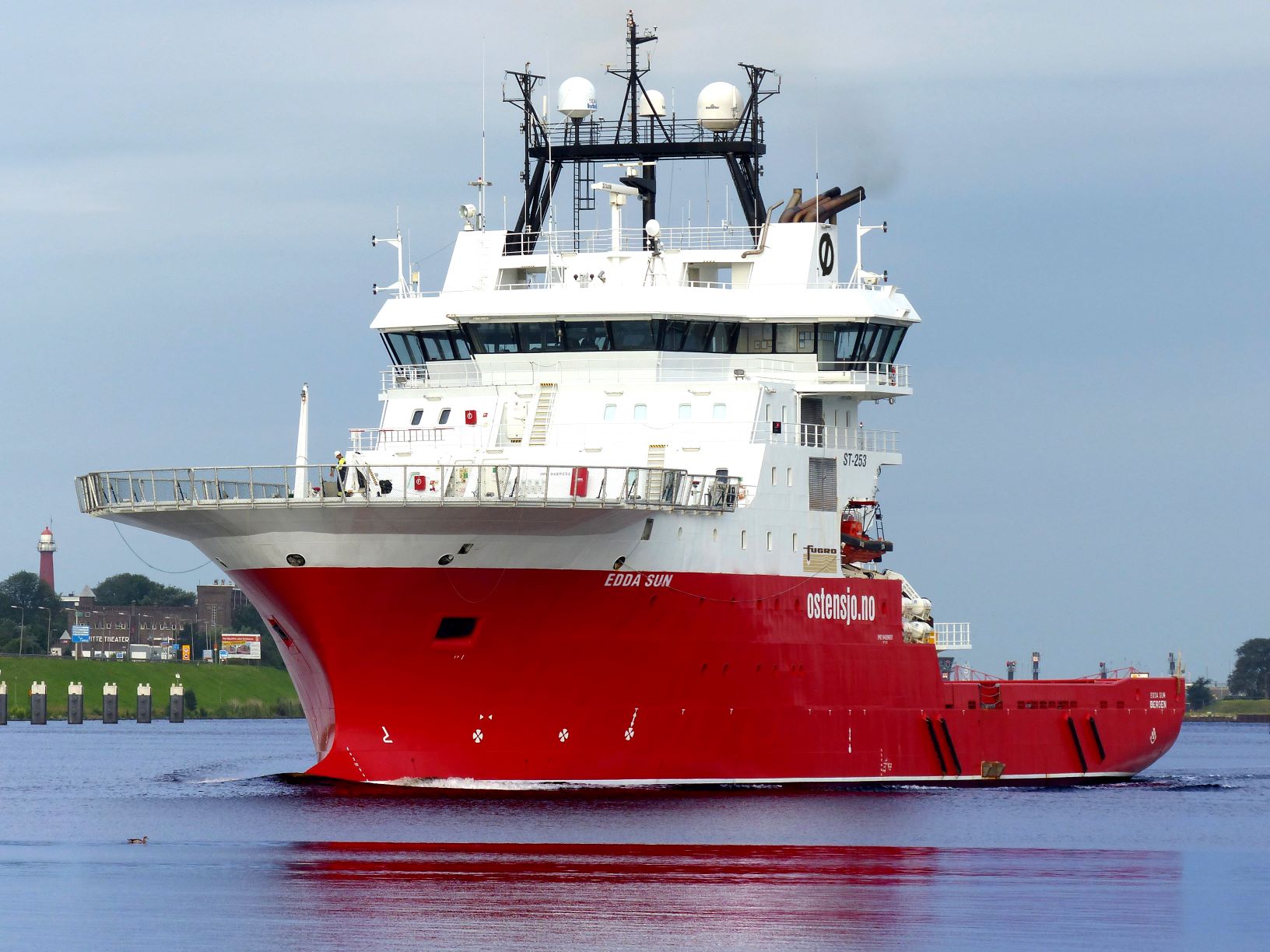 Fugro And Damen New Vessel For Royal Netherlands Navys Marine Security
Apr 26, 2025
Fugro And Damen New Vessel For Royal Netherlands Navys Marine Security
Apr 26, 2025 -
 Shedeur Sanders The Perfect Fit For The New York Giants
Apr 26, 2025
Shedeur Sanders The Perfect Fit For The New York Giants
Apr 26, 2025 -
 Photographies De Pierre Terrasson A La Galerie Le Labo Du 8
Apr 26, 2025
Photographies De Pierre Terrasson A La Galerie Le Labo Du 8
Apr 26, 2025 -
 Chelsea Handler And Ralph Fiennes Spotted Together Are They Dating
Apr 26, 2025
Chelsea Handler And Ralph Fiennes Spotted Together Are They Dating
Apr 26, 2025
Latest Posts
-
 Analyzing Apples Position In The Ai Revolution
May 10, 2025
Analyzing Apples Position In The Ai Revolution
May 10, 2025 -
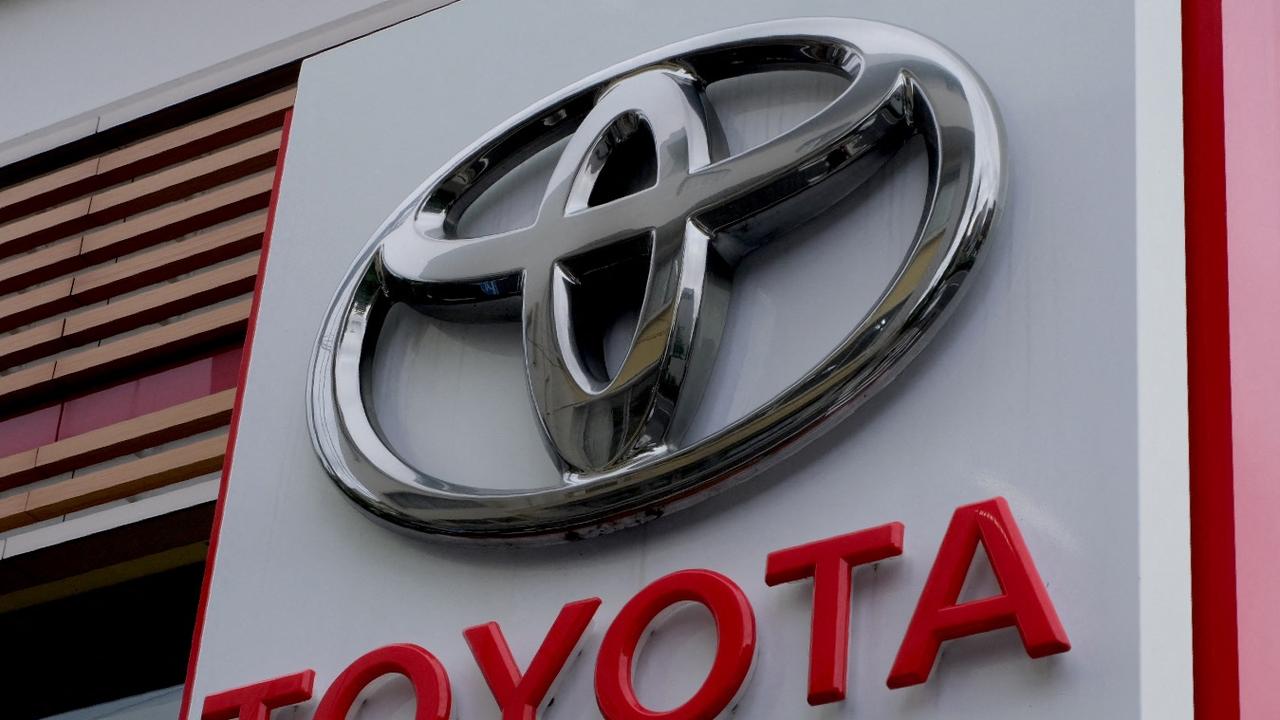 Millions Lost Office365 Hack Exposes Executive Email Vulnerabilities
May 10, 2025
Millions Lost Office365 Hack Exposes Executive Email Vulnerabilities
May 10, 2025 -
 Apples Ai Ambitions A Look At Its Competitive Landscape
May 10, 2025
Apples Ai Ambitions A Look At Its Competitive Landscape
May 10, 2025 -
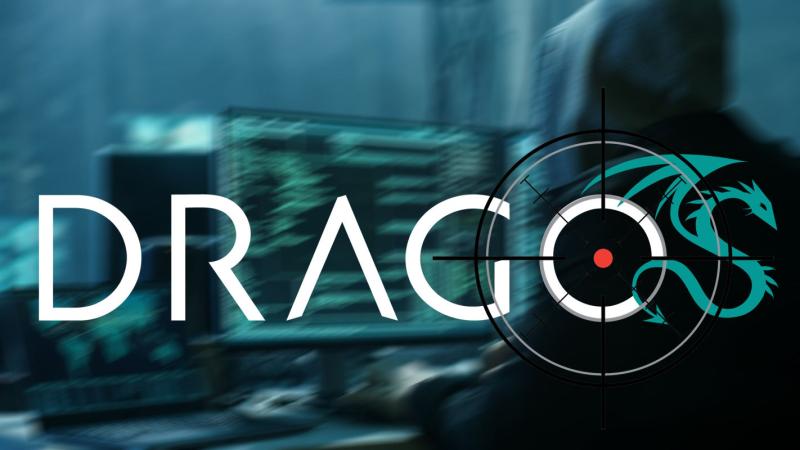 Cybercriminals Office365 Scheme Millions In Losses Investigation Underway
May 10, 2025
Cybercriminals Office365 Scheme Millions In Losses Investigation Underway
May 10, 2025 -
 The Future Of Apple Ai Innovation Or Stagnation
May 10, 2025
The Future Of Apple Ai Innovation Or Stagnation
May 10, 2025
